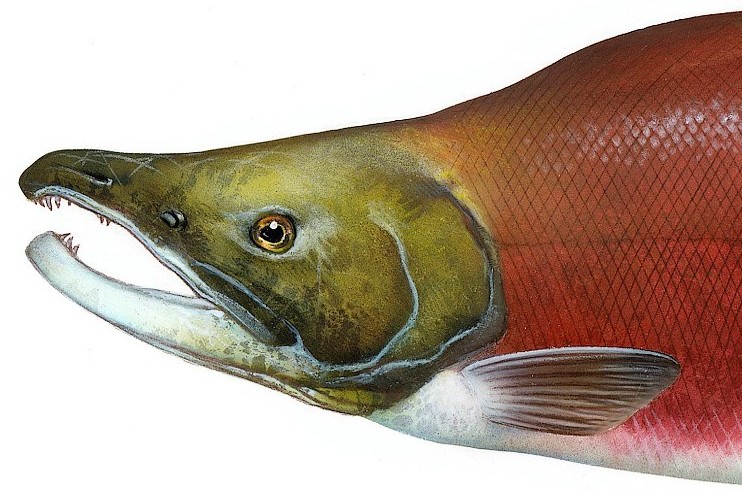When digital music and movies gained popularity, I remember being relieved that I would no longer have to re-purchase upgraded forms of the albums I liked. After records, tapes, and CDs, finally I’d have my music preserved in a form that required no upgrading, forever.
This Atlantic article addresses the main problem with the new paradigm of digital ownership: namely, that you don’t really own it. Our ownership of CDs, VHS tapes, and books was always limited. These things were copyrighted by their creators, so we couldn’t just photocopy The Pelican Brief and sell it on the subway. That money belonged to John Grisham! But we could at least lend the book to a friend, or sell it to a used book store, or give it away to anyone who wanted it (this is known as the first sale doctrine). Not so with our digital properties, as Adrienne LaFrance writes (quoting Dan Hunter of Swinburne Law School):
These days we live in a world where we generally license copyright content, like games and music. This means you’re given a limited right to do things with the content—generally this is limited to playing it on a small number of devices—and you definitely can’t resell the content or even give it away. You haven’t really bought the song, you’ve bought a contract to play the thing for a while.
LaFrance does a good job of defining the problem: you don’t really own your digital stuff, and if the company you lease it from disappears, your stuff might well disappear with it. But what’s the solution?
This is a problem created by laws, and it can be solved by laws. Just as Congress created our copyright statute, so can they modify it to extend the first sale doctrine to digital properties. This might have been difficult in the early days of MP3s and eBooks, but we now have the technology to make it work. Public libraries lend out eBooks all the time, then wipe them from your computer when the lending period is up. Surely some similar system could be used to imbue each copy of a digital property with a unique identifier, which could then be transferred as easily as a Bitcoin to another consumer.
A bill first proposed in Congress in 2003 by Zoe Lofgren of California addressed this and other problems, but it has never found support, likely, I think, because it attacked too many of the digital publishers’ privileges at once. (For a more detailed discussion of digital first use rights, see this student note from the Northwestern University Law Review.) A more narrowly tailored bill on just this issue might find favor with a wider swath of Congressmen. What could be more conservative than reaffirming a right first codified in 1909, a right that gives people clearer ownership of property they legally purchased? The technology is possible, and the change would be popular, if any politician has the skill and judgment to get Congress to approve of it.
